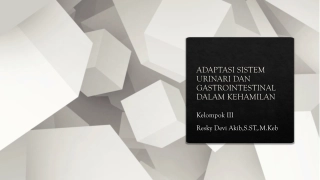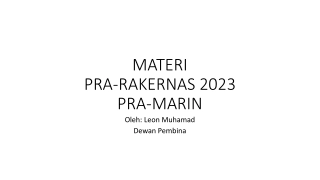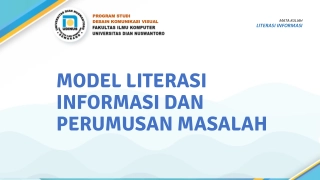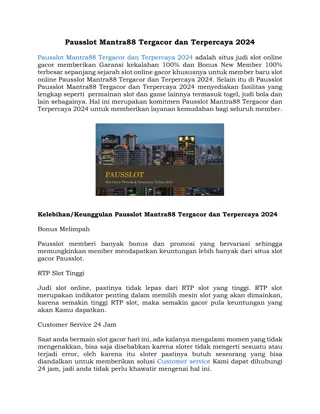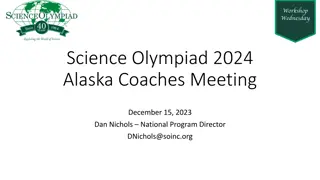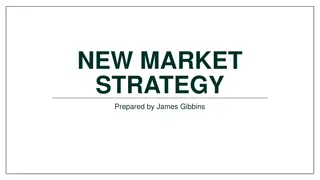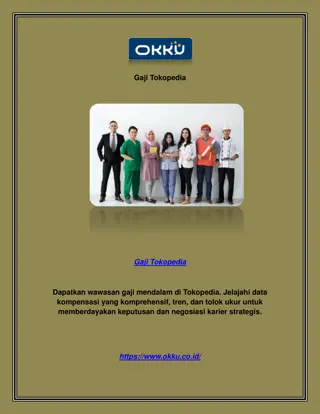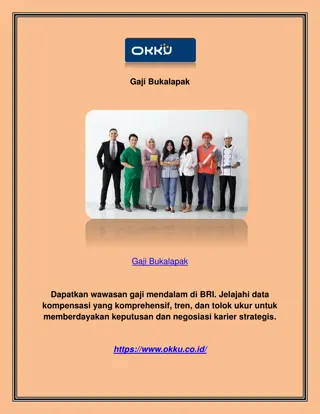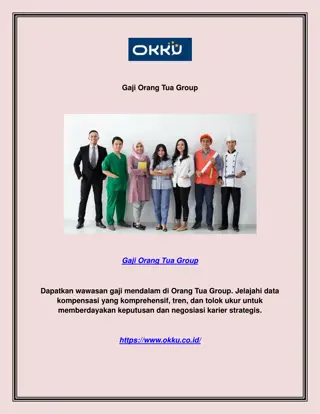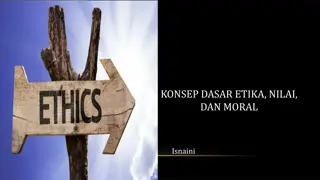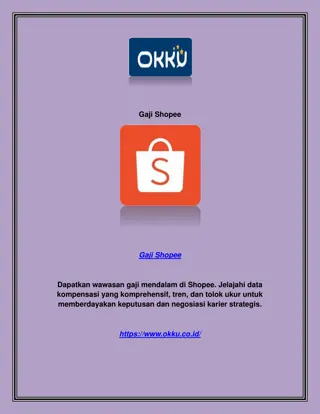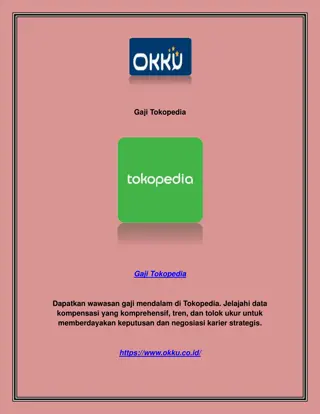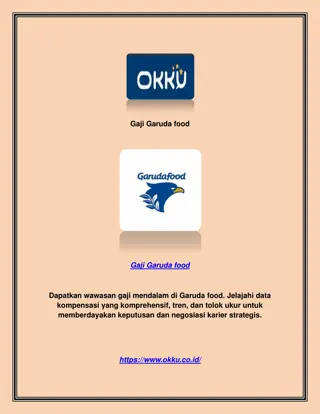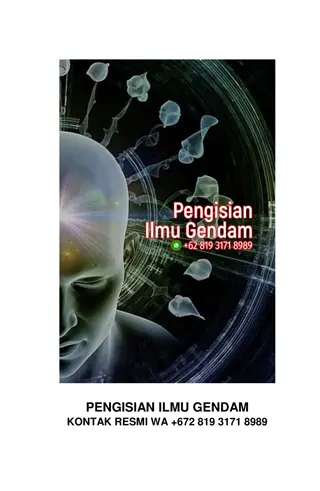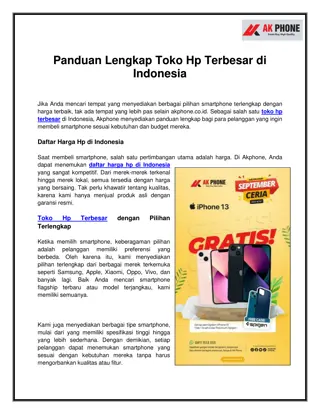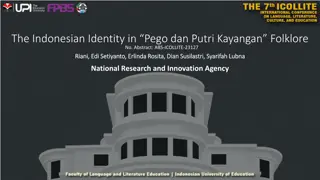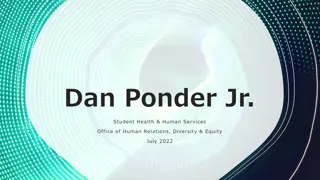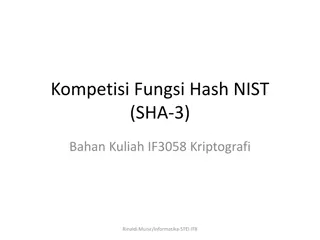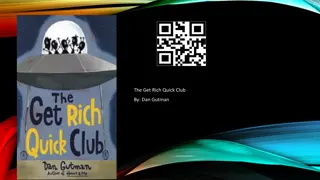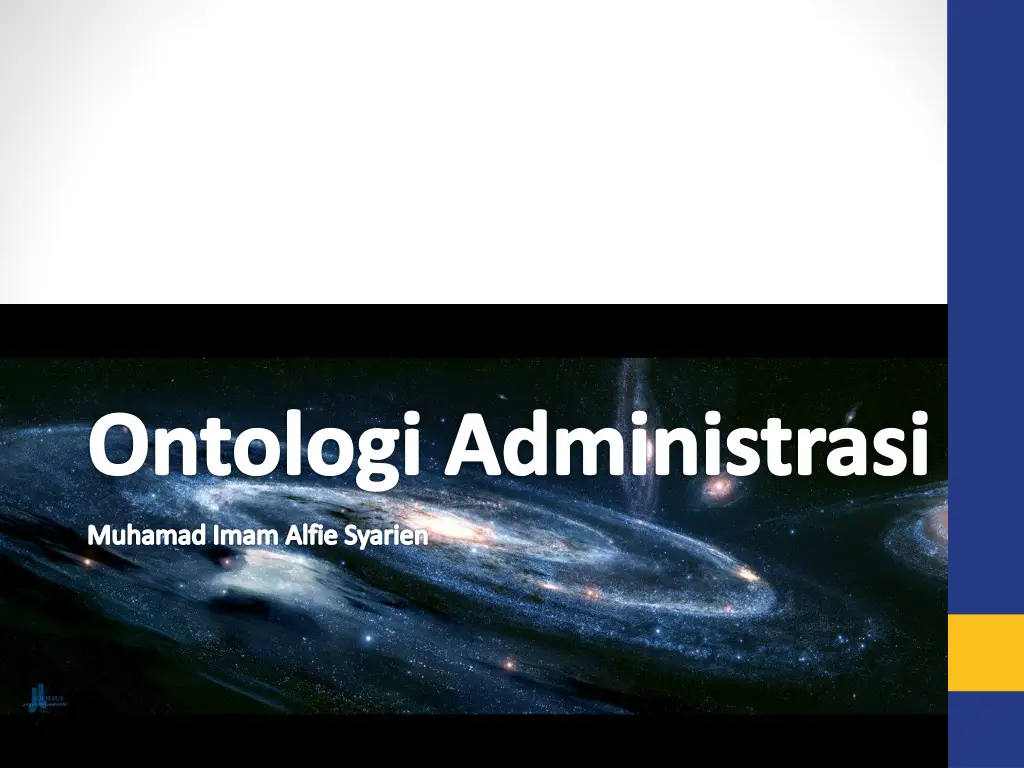
Understanding Ontology in Social Sciences and Philosophy
Explore the concepts of ontology in social sciences and philosophy, focusing on the nature of existence and reality as discussed by prominent figures like Parmenides. Learn how ontology influences the study of administration and human relationships within organizations.
Download Presentation

Please find below an Image/Link to download the presentation.
The content on the website is provided AS IS for your information and personal use only. It may not be sold, licensed, or shared on other websites without obtaining consent from the author. If you encounter any issues during the download, it is possible that the publisher has removed the file from their server.
You are allowed to download the files provided on this website for personal or commercial use, subject to the condition that they are used lawfully. All files are the property of their respective owners.
The content on the website is provided AS IS for your information and personal use only. It may not be sold, licensed, or shared on other websites without obtaining consent from the author.
E N D
Presentation Transcript
Ontologi Administrasi Muhamad Imam Alfie Syarien
CabangFilsafat Ontologi Filsafat Epistemologi Aksiologi
Ontologi administrasi Ontos = ada; logos= ilmu Penyelidikan yang sifatnya sangat mendasar dari sesuatu yang nyata secara fundamental dan cara yang berbeda Ontologi mengubah pola pikir praktisi (dan ilmuwan) administrasi dari mitosentris menjadi logisentris
Pertanyaan Apa itu administrasi? Apa yang dipelajari dalam ilmu administrasi?
Ontologi di Ilmu Sosial Ilmu-ilmu sosial pada dasarnya berbicara tentang manusia Sosiologi manusia dan lingkungan sosial Ekonomi manusia dan sumber daya Politik manusia dan kekuasaan Ilmu administrasi sebagai bagian dari ilmu sosial juga berfokus pada manusia, terutama dalam hubungannya dengan organisasi Dengan demikian, ontologi dalam ilmu administrasi juga berfokus pada hakikat keberadaan manusia
Existence Dapat dilihat dari empat kriteria: State Static vs Dynamic Static: being simply is (we can know its truth through various means) Dynamic: existence is continually becoming, thus understanding it is difficult beyond temporary snapshots of its expression Expression Whole vs Plural Whole: the source of existence is complete, it cannot be broken apart in some ways Plural: there are many sources of existence Source Transcendent vs Immanent Transcendent: the source of being is beyond that which exists Immanent: the source of being is within that which exists Condition Individualistic vs Relational Individualistic: Being is contained within itself, whether it is considered an abstract single whole or a plurality of actual singular units. Relational: apparently separate beings are actually connected in some way
Parmenides Father of Western philosophy Reality is (static) a unity (whole) there can only be one Truth Our perception of change (dynamic) and difference (plural) is merely an illusion called the way of appearance The way of truth is to understand that reality is unchangeable, timeless, indestructible whole Existence is assumed to be eternal because nothing can come from nothing The source of being is transcendent, separate from the physical (immanent) universe
Heraclitus Father of process philosophy You can never step into the same river twice Reality becomes (dynamic) and is therefore a multitude (plural) across time, thus, there are many truths The only universal principle is change, and all that exists is in a constant state of becoming and dissolving, which produces a particular harmony or balance at any given point in time Yet, he notes that the substance of each state is the same (from all things one and from one all things)
Undifferentiated Individual One one one one one Human being (one) is an imperfect copy of a metaphysical source that is whole and complete (One) Because each individual is attempting to be like the source of being, they are not differentiated and rather homogenous Being a part of the whole gives one a sense of identity
Differentiated individual One One One One One The source of being is within each being and each individual can be described as a universe of One A complete disconnection or uniqueness sets individuals apart, with a belief that they are completely on their own in the state of nature bonds must be created through social mechanisms
Undifferentiated relational One one One The source of being (One) is both beyond and within all beings (one) There is no actual differentiation among what only appear to be the individual parts A complete unity of both divine and mundane elements in the universe
Differentiated relational O/one O/one O/one O/one O/one The source of being (One) is within all beings, and all beings (one) are connected by virtue of this shared source, yet they are differentiated and unique in their expression Individual is multidimensional and exists within a social context and is therefore both influenced by and influencing the environment
Why is ontology important to administrative science? any political theory rests upon a metaphysic, a concept of the ultimate nature of reality (Waldo 1984) theories of public administration are tied to what we think of as being human (Spicer 2004) Because ontology frames presuppositions about the human relationship to things such as self, world, and others, it shapes how we go about living together, directly impacting public policy The goal is to think through how ontology, political form, and resulting practices can be aligned in a logical manner that leads to desirable results
Ontology implications on politics and religions
Ontology implications on politics and religions
Implikasi ontologi terhadap Ilmu Administrasi Perbedaan ontologi berdampak pada perbedaan cara pandang terhadap pengembangan keilmuan Undifferentiated individual melahirkan positivisme Differentiated individual melahirkan interpretivisme Undifferentiated dan differentiated relational melahirkan mixed methods Memahami perbedaan ontologi juga membantu ilmuwan administrasi menggunakan teori-teori di ilmu administrasi secara kritis, tidak serampangan
Daftar Referensi Makmur 2012, Filsafat Administrasi, Jakarta: Bumi Aksara. Stout, Margaret 2012, Competing ontologies: a primer for public administration, Public Administration Review, vol. 72, no. 3, pp. 388-398.

